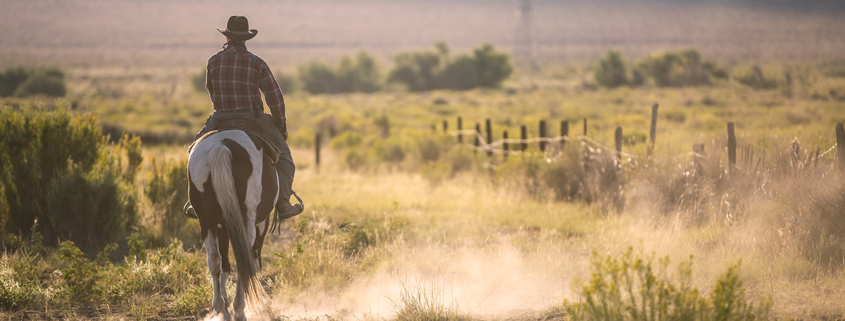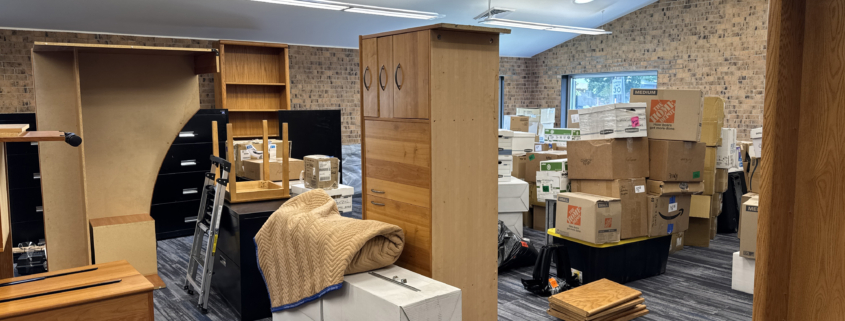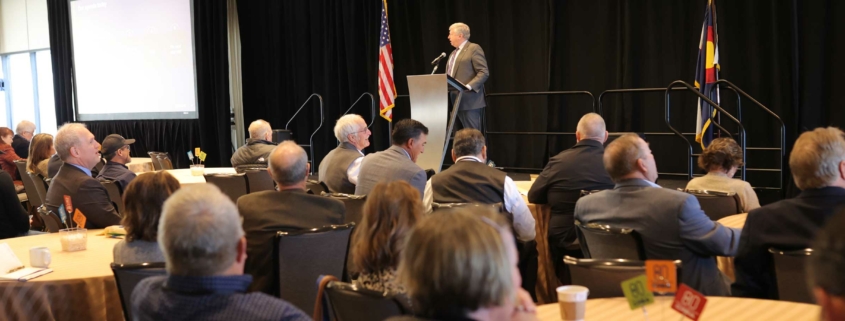Colorado Energy Affordability in 2026
The beginning of a year: a time for new beginnings and fresh starts. As 2026 dawns, this is certainly the case for the Colorado Rural Electric Association, and for me personally, as I take the helm of the organization. After 14 years as the CEO of Grand Valley Power in Grand Junction — and more than 26 years in the electric cooperative family — the CREA Board of Directors has selected me to fill the big shoes of Kent Singer, the association’s retiring executive director. That means I will head up communications efforts, direct critical safety support, manage education functions, and lead legislative efforts for electric cooperatives serving members and consumers across the state.
This month, legislative advocacy takes the spotlight as the Colorado General Assembly convenes just a few days after I begin my new role. My years at local distribution co-ops have taught me how decisions at the Capitol can impact the lives of the people we serve. This session could be one of the most consequential for consumers of electricity in years, as threats and even a few opportunities abound. I will hit the ground running as the CREA legislative team focuses on one goal above all: keeping electricity affordable for electric co-ops and the consumers they serve. Here are some of the legislative issues that could directly impact the cost of electricity:
Accelerated clean energy initiatives — Lawmakers are expected to revisit proposals that accelerate the state’s clean-energy timelines. Electric co-ops across the state have gone to great lengths to meet existing standards that are more ambitious than required almost anywhere in the country. If these standards are accelerated without regard for how co-ops and other utilities operate, they threaten to drive up costs and disrupt long-term planning. We will be at the table working to ensure affordability is front and center.
Organized wholesale markets — We also anticipate renewed attention on Colorado’s requirement that all transmission providers join an organized wholesale market by 2030. When every provider in the state participates, costs go down for everyone. It will be a priority for CREA this session to ensure that no utility seeks to circumvent that obligation through legislation.
Wildfire mitigation — Finally, as noted in a recent issue of Colorado Country Life, we will advance legislation that reduces the risk of devastating wildfires. This includes promoting responsible mitigation efforts and stabilization of long-term risks, including financial risks. As my friends at Poudre Valley REA have pointed out, many electric co-ops are just a spark away from a wildfire that could threaten their very existence. That is why we will pursue legislation aimed at addressing those pressures directly. Read pages 20-22 in this issue for a deeper look into why this legislation is needed. These priorities, along with the 40 or so other bills we will take positions on this session, will keep all of us at the statewide association busy. It is my goal to prioritize electric co-op consumer-members as the CREA team and I work to keep electricity reliable, safe, and affordable for the communities our member cooperatives serve.
Tom Walch is the executive director of the Colorado Rural Electric Association, the statewide organization supporting 21 electric distribution cooperatives and one generation and transmission cooperative.

 2026
2026
 2025
2025 2025
2025 Derek Mann/ iStock / Getty Images Plus via Getty Images
Derek Mann/ iStock / Getty Images Plus via Getty Images 2025
2025